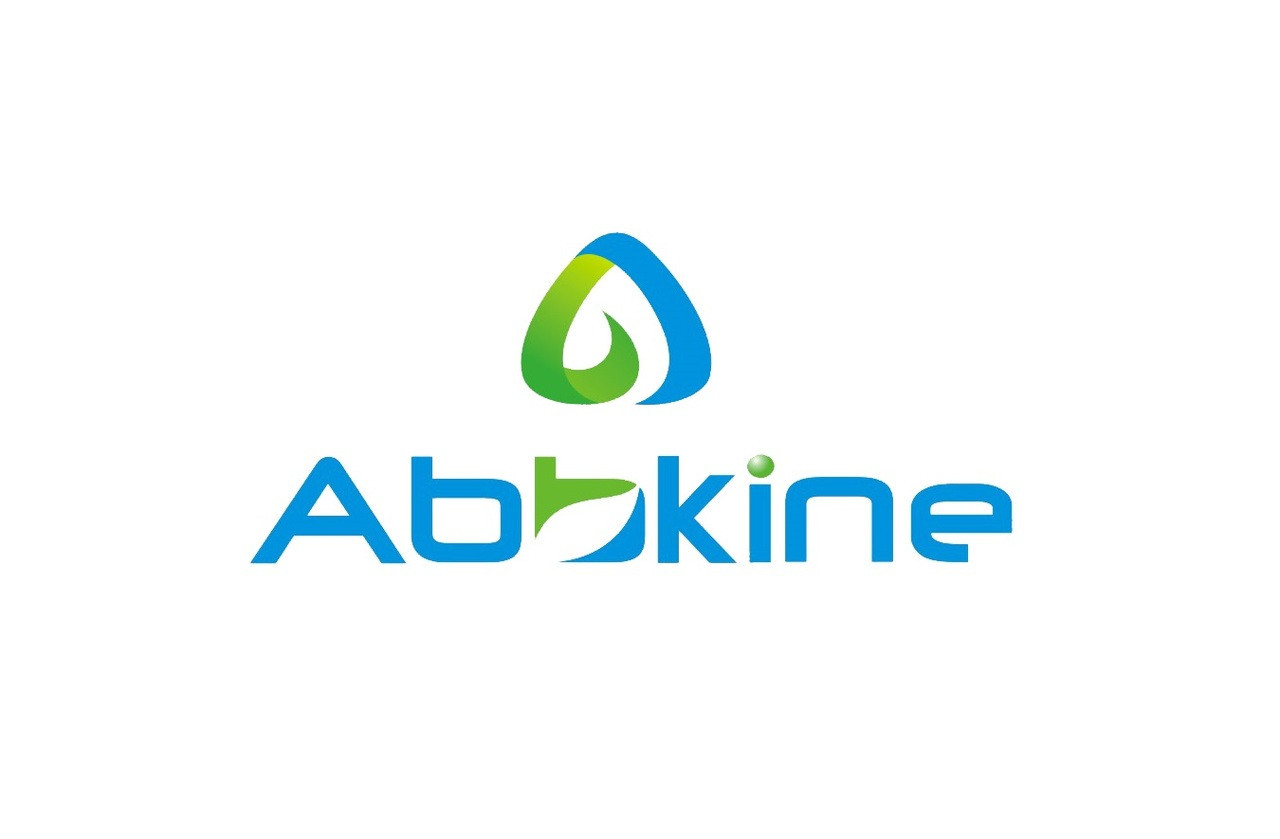Product Description
Rat Mast Cell Tryptase (MCT) ELISA Kit | KTE100039 | Abbkine
Application: This Rat Mast Cell Tryptase (MCT) ELISA Kit employs a two-site sandwich ELISA to quantitate TPSAB1 in samples. An antibody specific for TPSAB1 has been pre-coated onto a microplate. Standards and samples are pipetted into the wells and anyTPSAB1 present is bound by the immobilized antibody. After removing any unbound substances, a biotin-conjugated antibody specific for TPSAB1 is added to the wells. After washing, Streptavidin conjugated Horseradish Peroxidase (HRP) is added to the wells. Following a wash to remove any unbound avidin-enzyme reagent, a substrate solution is added to the wells and color develops in proportion to the amount of TPSAB1 bound in the initial step. The color development is stopped and the intensity of the color is measured.
Detection Method: Colorimetric
Conjugate: N/A
Sample Type: Cell culture supernatants#Serum#Plasma#Other biological fluids
Assay Type: Multiple steps standard sandwich ELISA assay with a working time of 3-5 hours. It depends on the experience of the operation person.
Kit Component: • Rat Mast Cell Tryptase microplate
• Rat Mast Cell Tryptase standard
• Rat Mast Cell Tryptase detect antibody
• Streptavidin-HRP
• Standard diluent
• Assay buffer
• HRP substrate
• Stop solution
• Wash buffer
• Plate covers
Features & Benefits: Rat Mast Cell Tryptase (MCT) ELISA Kit has high sensitivity and excellent specificity for detection of Rat TPSAB1. No significant cross-reactivity or interference between Rat TPSAB1 and analogues was observed.
Calibration Range: Please inquire
Limit Of Detection: Please inquire
Usage Note: • Do not mix components from different kit lots or use reagents beyond the kit expiration date.
• Allow all reagents to warm to room temperature for at least 30 minutes before opening.
• Pre-rinse the pipet tip with reagent, use fresh pipet tips for each sample, standard and reagent to avoid contamination.
• Unused wells must be kept desiccated at 4 °C in the sealed bag provided.
• Mix Thoroughly is very important for the result. It is recommended using low frequency oscillator or slight hand shaking every 10 minutes.
• It is recommended that all samples and standards be assayed in duplicate or triplicate.
Storage Instruction: The unopened kit should be stored at 2 - 8°C. After opening, please store refer to protocols.
Shipping: Gel pack with blue ice.
Precaution The product listed herein is for research use only and is not intended for use in human or clinical diagnosis. Suggested applications of our products are not recommendations to use our products in violation of any patent or as a license. We cannot be responsible for patent infringements or other violations that may occur with the use of this product.
Background: Tryptases comprise a family of trypsin-like serine proteases, the peptidase family S1. Tryptases are enzymatically active only as heparin-stabilized tetramers, and they are resistant to all known endogenous proteinase inhibitors. TPSb2 is characteristic of tryptases but is unusual in other genes. The alleles of this gene exhibit an unusual amount of sequence variation, such that the alleles were once thought to represent two separate genes, beta II and beta III. Beta tryptases appear to be the main isoenzymes expressed in mast cells, whereas in basophils, alpha-tryptases predominate. Tryptases have been implicated as mediators in the pathogenesis of asthma and other allergic and inflammatory disorders.
Alternative Names: TPSAB1; TPS1; TPS2; TPSB1; mast cell alpha tryptase; mast cell beta I tryptase; tryptase alpha; tryptase beta 1; tryptase beta I; tryptase-I; tryptase-III
Search name: TPSAB1; TPS1; TPS2; TPSB1; mast cell alpha tryptase; mast cell beta I tryptase; tryptase alpha; tryptase beta 1; tryptase beta I; tryptase-I; tryptase-III
Tag: TPSAB1
 Euro
Euro
 USD
USD
 British Pound
British Pound
 NULL
NULL








